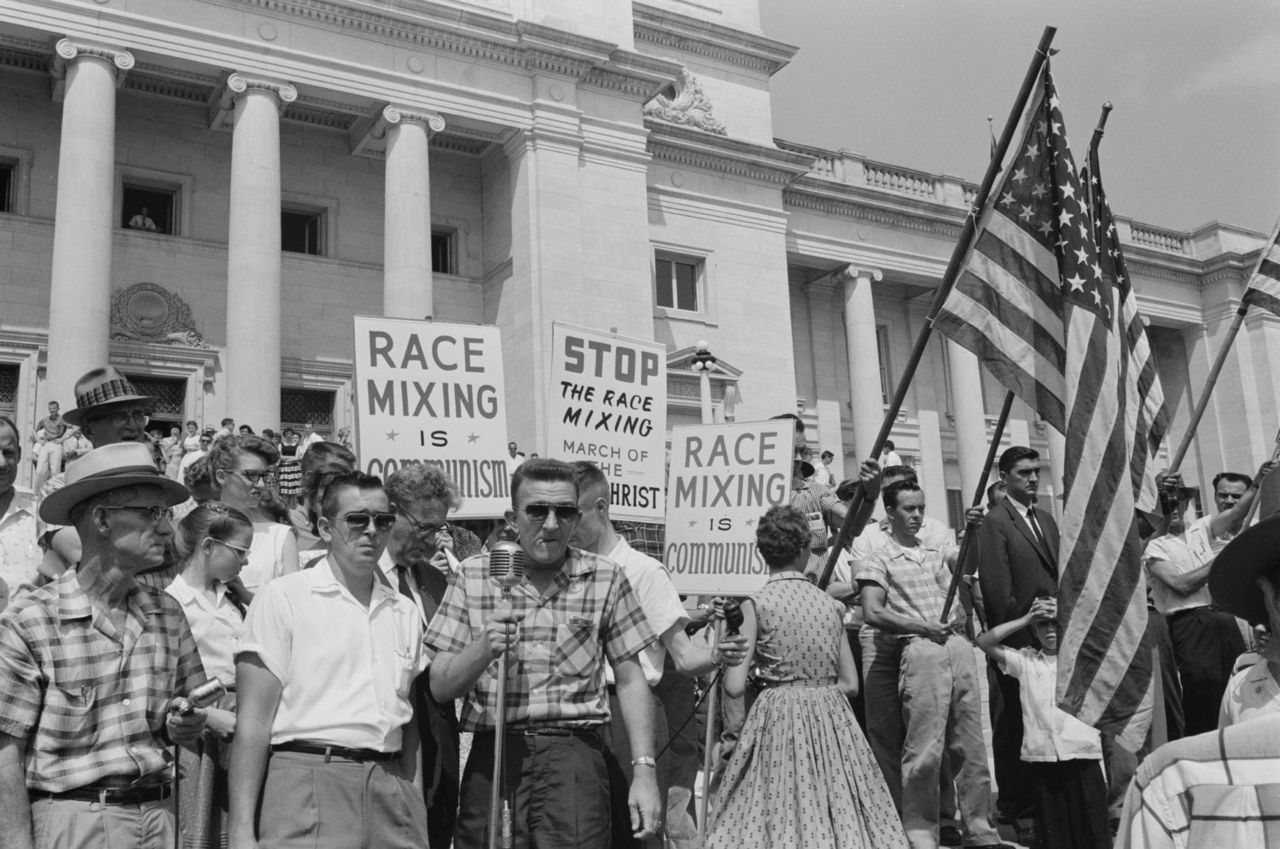Axiomatic Civic Responsibility
I’m looking at the “protesters” in Michigan and ruminating on the nature of civil disobedience versus civic aphasia. By that latter term I mean a condition wherein a blank space exists within the psyché where one would expect an appropriate recognition of responsible behavior ought to live. A condition which seems to allow certain people to feel empowered to simply ignore—or fail to recognize—the point at which a reflexive rejection of authority should yield to a recognition of community responsibility. That moment when the impulse to challenge, dismiss, or simply ignore what one is being told enlarges to the point of defiance and what ordinarily would be a responsible acceptance of correct behavior in the face of a public duty. It could be about anything from recycling to voting regularly to paying taxes to obeying directives meant to protect entire populations.
Fairly basic exercises in logic should suffice to define the difference between legitimate civil disobedience and civic aphasia. Questions like: “Who does this serve?” And if the answer is anything other than the community at large, discussion should occur to determine the next step. The protesters in Michigan probably asked, if they asked at all, a related question that falls short of useful answer: “How does this serve me?” Depending on how much information they have in the first place, the answer to that question will be of limited utility, especially in cases of public health.
Another way to look at the difference is this: is the action taken to defend privilege or to extend it? And to whom?
One factor involved in the current expression of misplaced disobedience has to do with weighing consequences. The governor of the state issues a lockdown in order to stem the rate of infection, person to person. It will last a limited time. When the emergency is over (and it will be over), what rights have been lost except a presumed right to be free of any restraint on personal whim?
There is no right to be free of inconvenience. At best, we have a right to try to avoid it, diminish it, work around it. Certainly be angry at it. But there is no law, no agency, no institution that can enforce a freedom from inconvenience. For one, it could never be made universal. For another, “inconvenience” is a rather vague definition which is dependent on context.
And then there is the fact that some inconveniences simply have to be accepted and managed.





